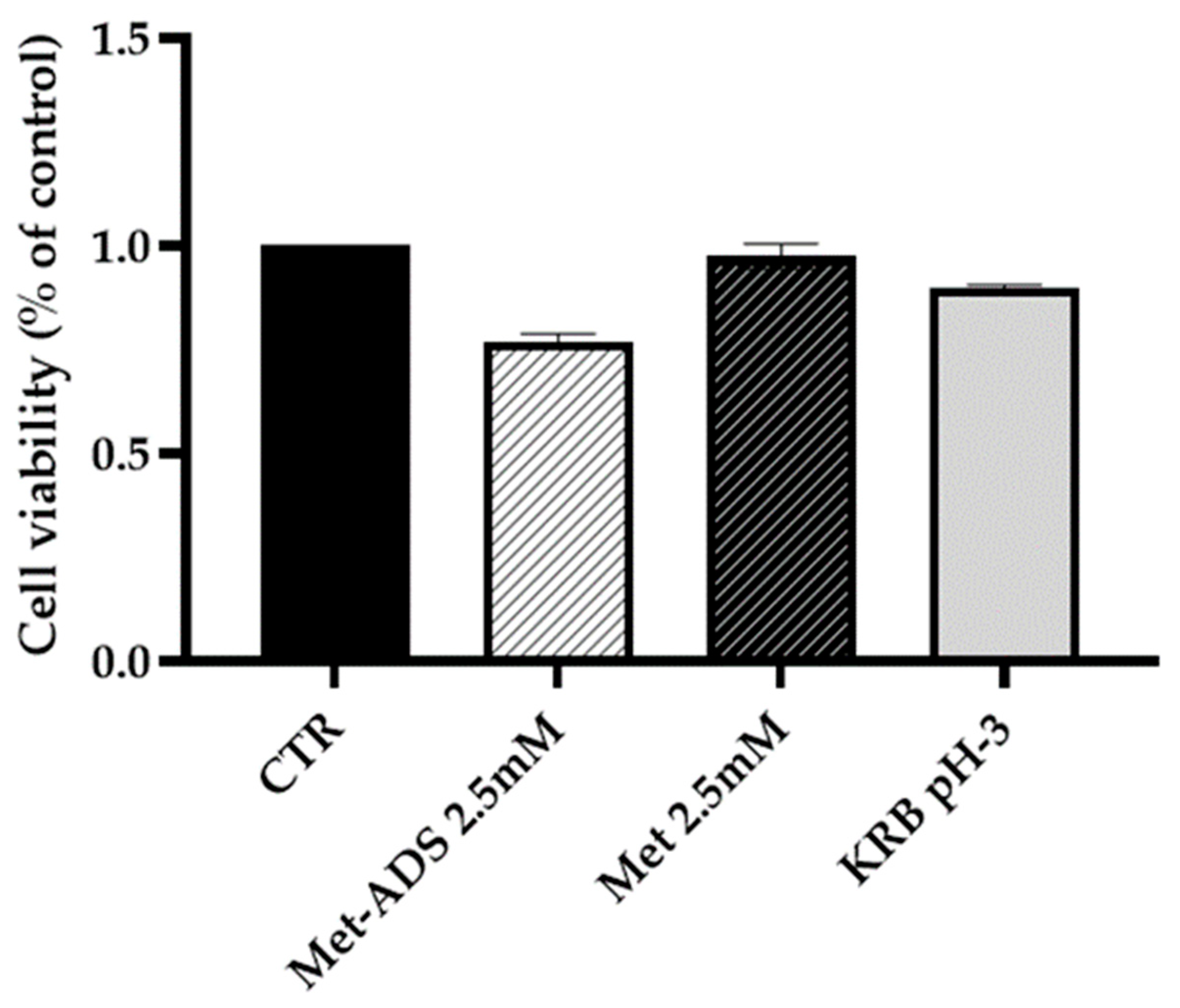C. Giromini, M. Tretola, C. Cristiani, E. Finocchio, P. Silacci, S. Panseri, M. Dell'Anno, A. Baldi, L. Rossi
Applied Sciences, 11(14) (2021), 6384
https://doi.org/10.3390/app11146384
Supplemental dietary amino acids (AAs) need to be provided in a form that prevents their degradation along the gastrointestinal tract to guarantee their high bioavailability and bioactivity. In this study, methionine (Met) protected via organo-clay intercalation (natural carriers) has been developed as a sustainable alternative to polymeric coating. Specifically, two different bentonite-zeolite-based mineral clays were tested, Adsorbene (ADS) and BioKi (BIO). Briefly, 1 g of the carrier (ADS or BIO) was contacted with 50 mL of an aqueous solution at a pH of 3.0, 5.8, and 8.9. Solid-liquid separation was conducted. The released Met in the liquid phase was analysed by Chemical Oxygen Demand, while residual Met in the solid phase was analysed by Fourier Transform Infra-Red (FT-IR) spectroscopy. The effect of Met-ADS complex on cell viability was tested on IPEC-J2 cells incubated 3 h with Met-ADS 2.5 mM. Jejunum segments obtained by entire male pigs (Swiss Large White, body weight 100 ± 5 kg) were used as ex vivo models to compare the absorption of 2.5 mM Met released by ADS with 2.5 mM free Met and its influence on epithelial integrity in perfusion Ussing chambers. The carriers released a very low amount of Met and Met-BIO interaction was stronger than Met-ADS. The maximum release of Met was at pH 3, with 3% and 6% of Met release from Met-BIO and Met-ADS, respectively. Cell viability experiments revealed that Met-ADS did not alter cell metabolic activity. No differences in Met absorption and intestinal epithelial integrity were observed ex vivo between free Met and Met-ADS. This study provided new insights into the release of Met from natural clays such as ADS and BIO, the safety of its use in the porcine intestine and the ability of ADS-released Met to absorb to the same extent as the free Met in porcine jejunum.

